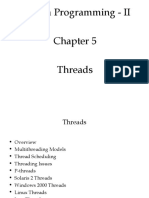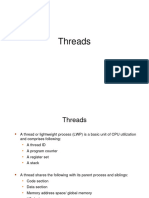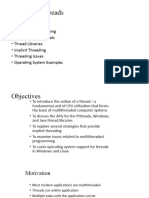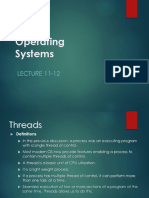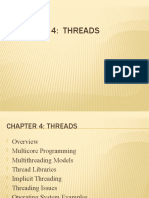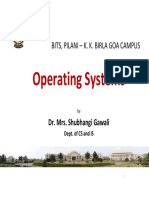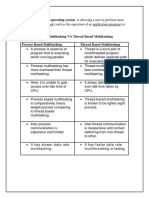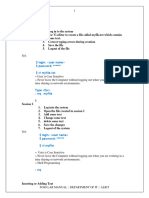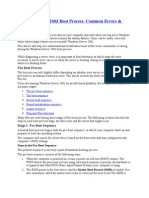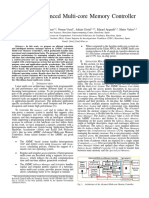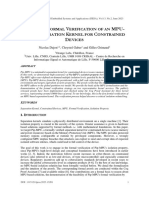0% found this document useful (0 votes)
36 views3 pagesSummary For Threads
Threads are fundamental units of CPU utilization that enable concurrent task execution, enhancing responsiveness and resource sharing within processes. While they improve efficiency, multi-threading introduces challenges such as debugging and managing dependencies, especially in multi-core environments. Various thread models and libraries exist to facilitate effective multi-threaded programming.
Uploaded by
ianniyann721Copyright
© © All Rights Reserved
We take content rights seriously. If you suspect this is your content, claim it here.
Available Formats
Download as DOCX, PDF, TXT or read online on Scribd
0% found this document useful (0 votes)
36 views3 pagesSummary For Threads
Threads are fundamental units of CPU utilization that enable concurrent task execution, enhancing responsiveness and resource sharing within processes. While they improve efficiency, multi-threading introduces challenges such as debugging and managing dependencies, especially in multi-core environments. Various thread models and libraries exist to facilitate effective multi-threaded programming.
Uploaded by
ianniyann721Copyright
© © All Rights Reserved
We take content rights seriously. If you suspect this is your content, claim it here.
Available Formats
Download as DOCX, PDF, TXT or read online on Scribd
/ 3















